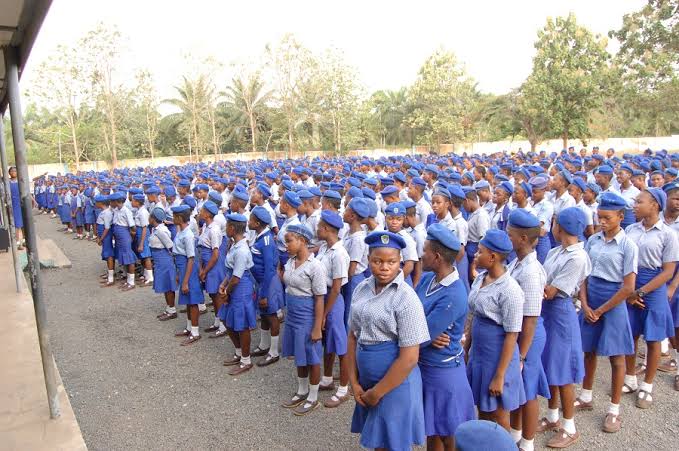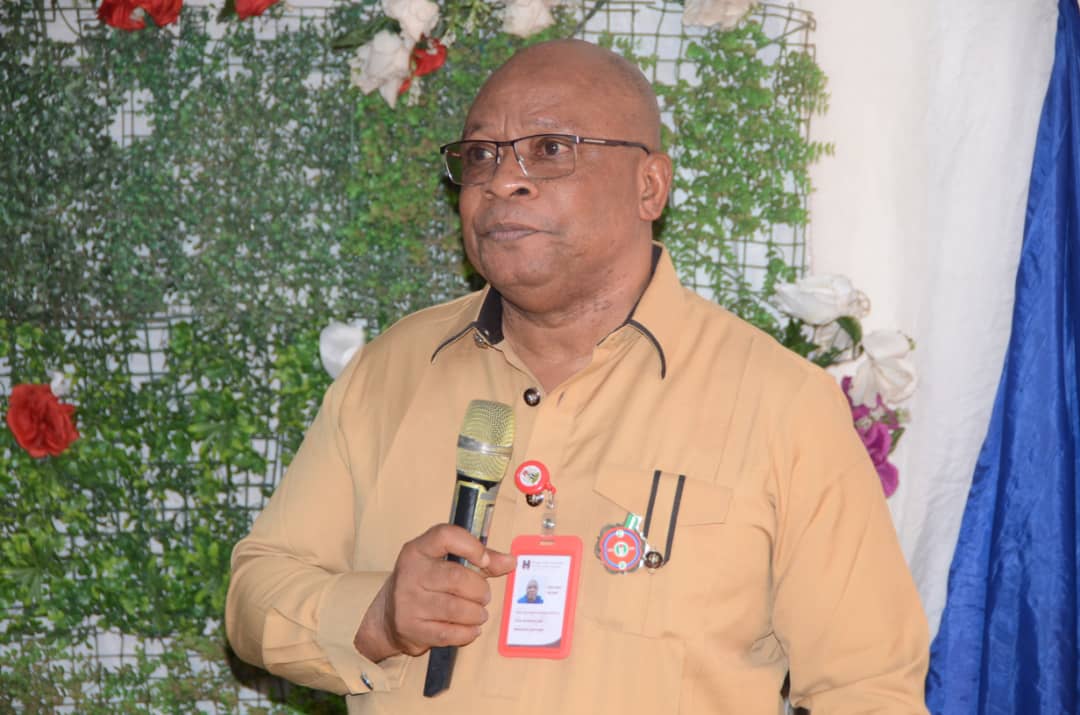Nigeria is grappling with a double-edged economic challenge as the country faces a significant increase in fuel prices and a surge in the overall cost of living.
These factors have cast a shadow of concern over the recent decision by the Federal Government to raise school fees for new students enrolling in Federal Government Colleges, also known as Federal Unity Colleges, to ₦100,000.
In a recent directive from the Office of the Director of Senior Secondary Education Department of the Federal Ministry of Education, the Federal Government has implemented a substantial hike in school fees for incoming students in Federal Unity Colleges.
The circular titled “Approved fees/ charges for Federal Unity Colleges (1st Term) for new students” and signed by the Director of Senior Secondary Education, Hajia Binta Abdulkadir, specifies that incoming students are now required to pay ₦100,000, marking a significant increase from the previous amount of ₦45,000.
The impact of this fee increment will be far-reaching, affecting various aspects and activities within the schools. Among the areas that will be affected by the revised fees and charges are tuition and boarding fees, uniform costs, textbooks, deposits, exercise books, prospectus, caution fees, ID cards, stationery, clubs and societies, sports activities, extra lessons, insurance, and other associated expenses.
However, this move has drawn criticism from various quarters, with parents, students, and civil society organizations expressing their worries about the potential implications on students’ access to education. Many parents fear that the new fees may pose financial difficulties for their families and could deter some from enrolling their children in these schools.
The National Association of Nigerian Students (NANS) and other stakeholders have called on the Federal Government to reconsider the fee hike and explore alternative means to address funding gaps in the education sector. They believe that this increase could lead to a decline in enrollment and limit the opportunities for students from diverse socio-economic backgrounds to access quality education in Unity Colleges.
The timing of this fee hike is especially concerning given the prevailing economic challenges in Nigeria. The recent fuel price hike has contributed to the escalation of the cost of transportation and essential goods and services, putting significant financial strain on low and middle-income families. As a result, many families find themselves struggling to cope with the rising expenses, making it even more difficult for them to afford education at the newly increased fees.
In response to the concerns raised about the sudden fee hike, the circular emphasizes that the Federal Ministry of Education has only approved the listed fees and charges for all Unity Colleges. The government has defended the decision by citing the need for increased funding to improve the quality of education and infrastructure in these institutions.
As the nation engages in heated debates over this issue, the Federal Government has assured the public that it will take into account the feedback received and conduct further consultations with stakeholders before finalizing the new fee structure. The government aims to strike a balance between financial sustainability and ensuring that education remains accessible to all Nigerian children.
The implications of this decision are significant, and its impact on the future of education in Nigeria remains to be seen. As the situation unfolds, parents, students, and educational institutions will continue to closely monitor the developments and engage in discussions to find a resolution that supports the fundamental right to education for all citizens amidst the economic challenges the country is currently facing.




